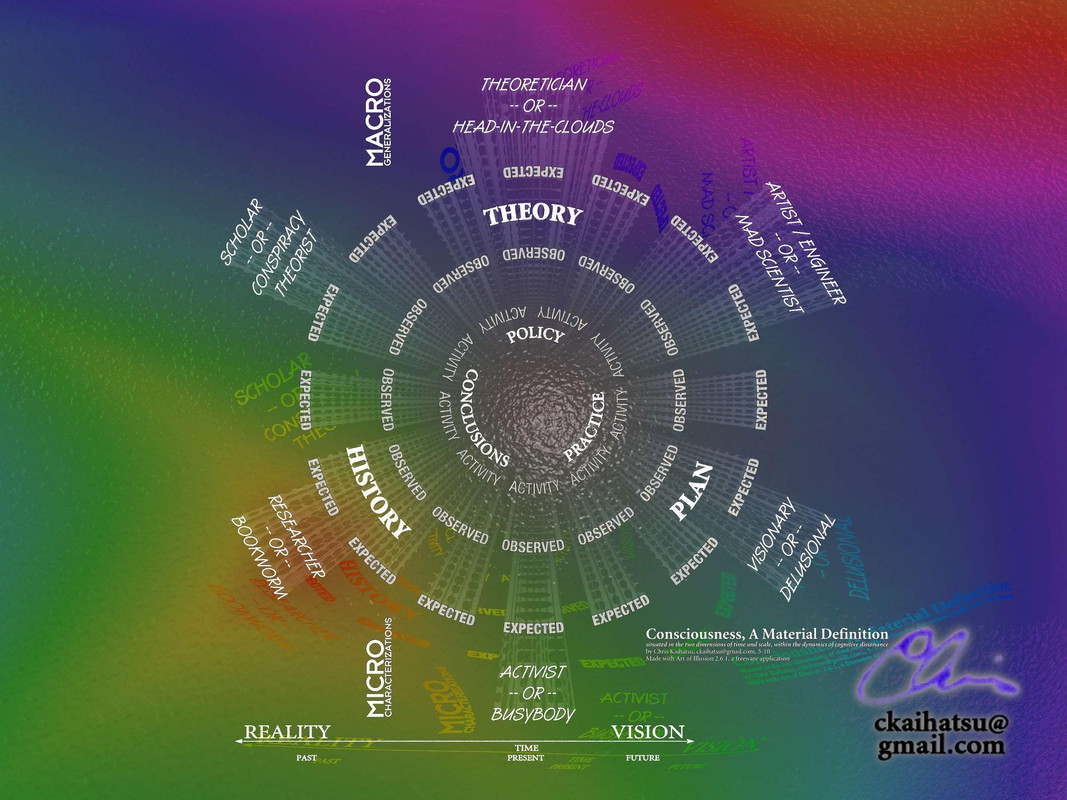- 09 Apr 2021 03:35
#15165508
What makes it possible that people come together to oppose people on the basis of working conditions, wages, or institutionalized discrimination?
How do people reach a point where they are willing to risk the violence, retaliation, and severe consequences of action?
Just listening to third grade students talk about a woman who was pivotal in strikes for women in New York in the early 20th century. She was severely beaten to the point of having broken ribs and such personal cost all in the struggle for better working conditions and wages.
How does one develop a will attached to perhaps a certain ideal that they are willing to endure great suffering?
https://www.marxists.org/archive/vygotsky/works/1931/self-control.htm
https://www.marxists.org/archive/vygotsky/works/1930/man/ape-man-1.pdf
How do people reach a point where they are willing to risk the violence, retaliation, and severe consequences of action?
Just listening to third grade students talk about a woman who was pivotal in strikes for women in New York in the early 20th century. She was severely beaten to the point of having broken ribs and such personal cost all in the struggle for better working conditions and wages.
How does one develop a will attached to perhaps a certain ideal that they are willing to endure great suffering?
https://www.marxists.org/archive/vygotsky/works/1931/self-control.htm
Moreover, a person says he is hungry and continues to be hungry. It seems to us that from the common view of a person who experiences hunger and does not eat the food given him regardless of terrible hunger, we can say that his behavior is directed along the line of greatest resistance. The fact of suicide among people, the fact that it is not found in the animal kingdom, has long been considered paradoxical for all teaching on freedom of the will, and not without reason did many philosophers consider it a sign of human freedom. But, of course, as in the case with hunger and in James’ example of the patient on the operating table, here too freedom is, of course, not freedom from necessity, but freedom understood as recognizing necessity. In this plan, the expression “to take oneself in hand” may have a certain literal sense like the expression “to stand the pain, clenching his teeth.” This means that the basis of such freedom, like the basis of freedom with respect to the external world, is recognition of necessity.
https://www.marxists.org/archive/vygotsky/works/1930/man/ape-man-1.pdf
The conditioned reflexes, which are built upon the unconditioned reflexes, change them in profound ways, and very often as a result of the animal's individual's experience we observe a" distortion of the instincts", i.e., a new direction taken by an innate reaction due to the conditions in which it manifests itself.
A classical example of such "distortion of instinct" is provided by one of Pavlov's experiments in which a conditioned reflex to cauterization of the skin by means of electric current was fostered ina dog. At first, the animal responded to the painful stimulus with a violent defensive reaction, it strained to break out of its stall, seized the device in its teeth, and fought with all its might. But as a result of a lengthy series of experiments, during which the painful stimulus was accompanied by a food stimulus, the dog began to respond to the burning sensations to its skin with a reaction that corresponded usually to feeding. The well-known English physiologist Charles Scott Sherrington, who was present at these experiments, declared, uponlcx)kingatthe dog, "Now I understand the joy of the martyrs as they went to the stake." 2 With these words, Sherrington implied the vast horizon which this classical experiment opened up. In this simple experiment he discerned the prototype of those profound changes in our nature that are induced in us by education and the influence of the environment.
https://www.ethicalpolitics.org/ablunden/pdfs/For%20Ethical%20Politics.pdf#page90
-For Ethical Politics
-For Ethical Politics













 - By Potemkin
- By Potemkin - By wat0n
- By wat0n